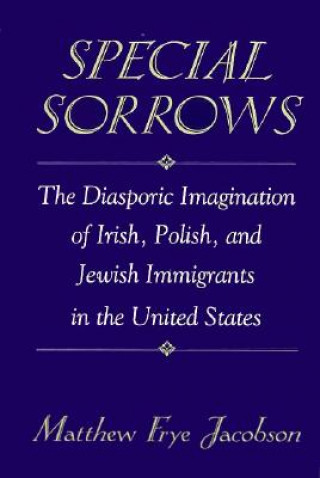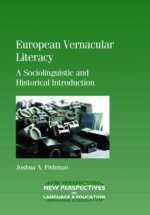
Delivery
Shopping guide





Doesn't suit? No problem! You can return within 30 days
 Gift voucher
any value
Gift voucher
any value
You won't go wrong with a gift voucher. The gift recipient can choose anything from our offer.
Special Sorrows
 English
English
 325 b
325 b
 Delivery to Austria
Delivery to Austria
30-day return policy
You might also be interested in


Conventional wisdom would have us believe that every immigrant to the United States became American, by choice and with deliberate speed. Yet, as Special Sorrows shows us, this is simply untrue. In this compelling revisionist study, Matthew Frye Jacobson reveals tenacious attachments to the Old World and explores the significance of homeland politics for Irish, Polish, and Jewish immigrants at the turn of the twentieth century. Drawing on Yiddish, Polish, and English-language sources, Jacobson discovers the influence of nationalist ideologies in the overt political agendas of such ethnic associations as the Knights of Zion and the Polish Falcons, as well as in newspapers, vernacular theater, popular religion, poetry, fiction, and festivals, both religious and secular. In immigrant communities, he finds that nationalism was a powerful component of popular sensibility. A captivating example of Jacobson's thesis is immigrant reaction to American intervention in Cuba. Masculinist/militarist strains of nationalist culture met with the keen impulse to aid a subjugated people. The three national groups, rich with memories of their own subjugation, found an unlikely outlet in the Caribbean. But when the U.S. war for Cuban liberation was followed by a crusade for Philippine subjugation, immigrants faced a dilemma: some condemned the American empire rich in Old World parallels; others dismissed the Filipinos as racial others and embraced the glories of conquest. In effect, the crucible of American imperialism was vital to many immigrants' Americanization, in the sense of passionate participation in national politics, pro or con. This work answers the call of scholars to recover the full experience of these immigrants. It adds to the tapestry of America's turn-of-the-century political culture and restores an essential transnational dimension to questions of ethnic identity and behavior.
About the book
 English
English
Categories


 Contact
Contact How to shop
How to shop




















